The Politburo has just issued Regulation 377 on decentralization of cadre management and planning, appointment, nomination, suspension, dismissal, resignation, and dismissal of cadres.
The 13th Central Conference of the 13th term just took place.
PHOTO: GIA HAN
Regarding the appointment, arrangement, and use of cadres who have committed violations, have shortcomings, or have been disciplined while being investigated, inspected, examined, resolved denunciations, complaints, or considered responsible, Regulation 377 clearly states that it is possible to consider appointment and recommend candidates for higher positions for cadres who meet the standards and conditions in some cases.
Specifically, cadres with violations and shortcomings must review and learn from experience but not to the extent that they must be considered and disciplined (due to direct responsibility or responsibility of the head or joint responsibility related to the matter and have completed the review or will require relevant individuals and Party committees to continue to make improvements as required in the conclusions of inspection, supervision, audit, and investigation).
Second, officials who have committed violations or shortcomings must be reviewed, have their responsibilities considered, and be disciplined, but the competent authority decides not to discipline or not to issue a disciplinary decision due to the expiration of the statute of limitations (if the disciplinary action is in the form of a reprimand or warning) due to direct responsibility or responsibility of the head or joint responsibility related to the matter and has completed the review and correction as required in the conclusions of the inspection, supervision, audit, and investigation.
The third case is that the cadre is disciplined in the form of reprimand (after 24 months); warning not falling under the case of dismissal, removal from office (after 36 months); or removal from office (after 60 months), calculated from the time the disciplinary decision of the Party Committee, Party organization and competent authority takes effect.
Personnel in this case must meet the standards and conditions and be assessed by the competent authority to have completed the review and correction of violations and shortcomings (if any) as required in the conclusions of inspection, supervision, audit, and investigation by competent authorities.
At the same time, if the Party Committee directly managing the cadres assesses that they have the qualities, capacity and ability to meet the requirements and assigned tasks, the competent authority can consider and appoint them to a higher position and take responsibility for their decision.
Officials who are being disciplined can be reappointed.
According to Regulation 377 of the Politburo , cadres who have been disciplined by reprimand or warning and whose disciplinary period has expired but has not met the time limit prescribed above will not be considered for appointment or nomination for a higher position, but will be considered for reappointment or nomination for re-election if the cadre meets the standards and conditions.
Officials currently serving disciplinary action in the form of reprimand shall not be appointed or recommended for election to a higher position, but each case may be carefully considered and weighed for reappointment or recommendation for re-election.
This regulation does not apply to cases where cadres violate political views; violate the principles of Party organization and operation; seek positions and power in personnel work; take advantage of positions and powers for personal gain; violate regulations on exemplary responsibility, negatively affect the reputation of the Party organization and cause public outrage.
The Politburo's regulations also clearly stipulate cases where the re-appointment or re-election of officials is temporarily not considered, re-appointed or recommended for re-election when information is exchanged between competent authorities about personal responsibility in cases, incidents, and conclusions that competent authorities have investigated, inspected, and examined but have not yet had an official conclusion, or there is a request from competent authorities to consider and handle personal responsibility until competent authorities have an official conclusion.
For cadres who are in the process of handling denunciations (having a decision to establish a denunciation handling team), disciplinary complaints, inspections when there are signs of violations, are being considered, disciplined, recommended to handle violations according to the conclusion of inspection, audit, or are being investigated, they will not be appointed, recommended for candidacy, transferred, rotated, conferred, or promoted in military rank.
Regarding the standards and conditions for appointing and recommending officials to run for higher positions, Regulation 377 of the Politburo clearly states that, in addition to ensuring general standards and specific standards for the appointed and recommended positions, candidates must have held the current position or equivalent position for at least 1 year (12 months).
In special cases where the term of office or equivalent position is not guaranteed, the competent authority appointing the cadre shall consider, decide and be responsible for its decision.
According to the Politburo's regulations, officials of agencies in the political system who are proposed to be appointed to leadership and management positions (higher) for the first time must be old enough to work for a full term.
In special cases, the competent authority appointing the cadre shall consider, decide and be responsible for its decision. At the same time, the cadre must also be healthy enough to complete the assigned tasks.
Thanhnien.vn
Source: https://thanhnien.vn/can-bo-bi-cach-chuc-sau-5-nam-co-the-xem-xet-bo-nhiem-chuc-vu-cao-hon-185251017125143166.htm


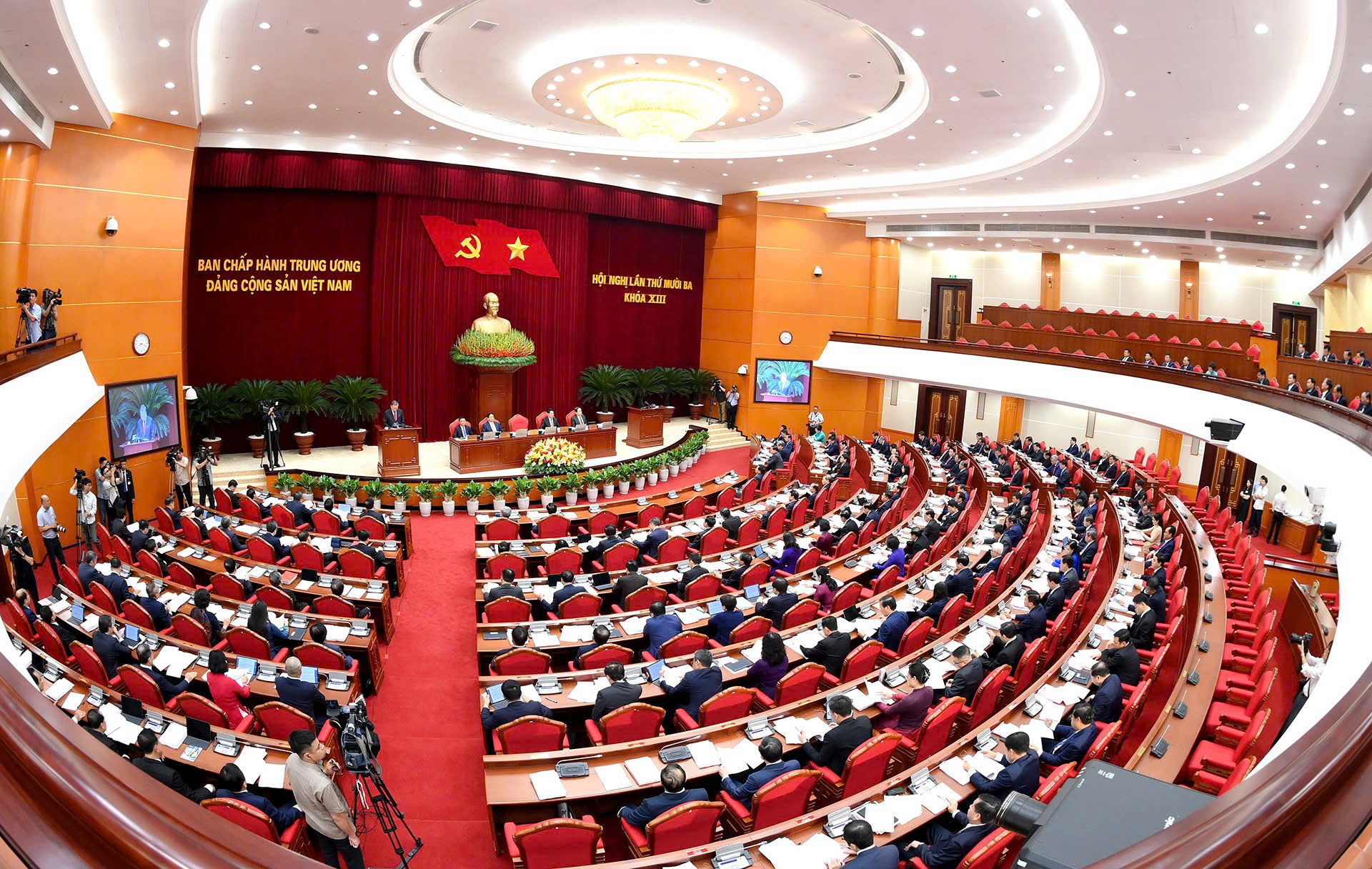
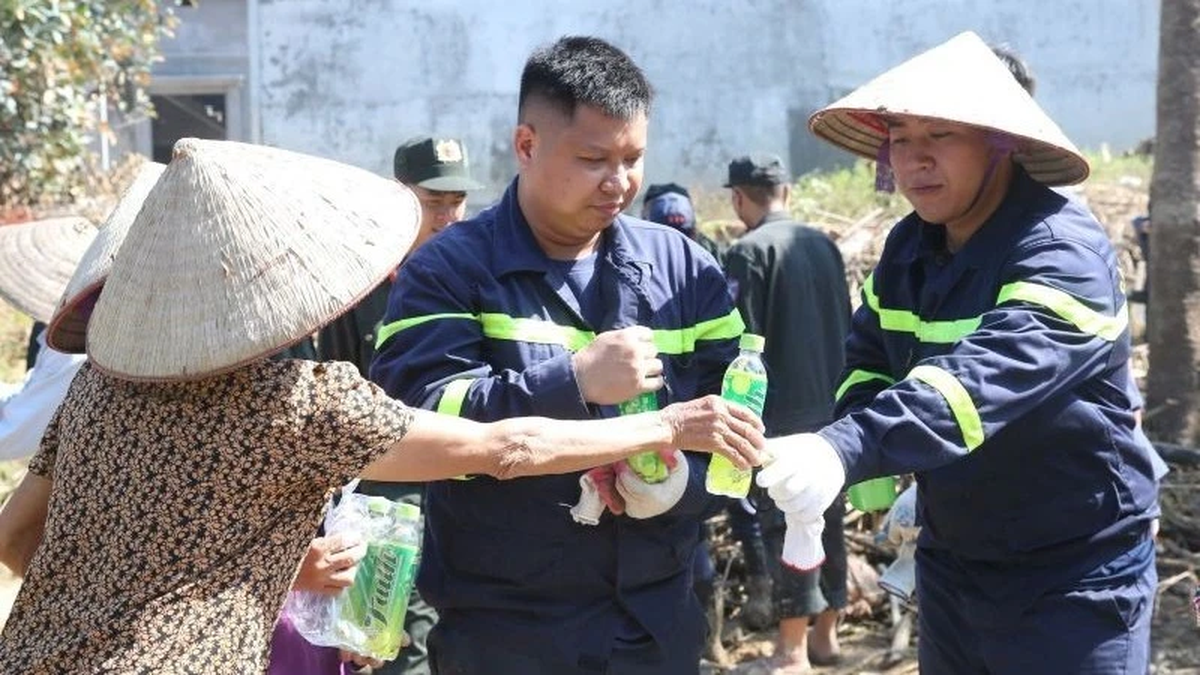


![[Photo] Closing ceremony of the 18th Congress of Hanoi Party Committee](https://vphoto.vietnam.vn/thumb/1200x675/vietnam/resource/IMAGE/2025/10/17/1760704850107_ndo_br_1-jpg.webp)
![[Photo] General Secretary To Lam attends the 95th Anniversary of the Party Central Office's Traditional Day](https://vphoto.vietnam.vn/thumb/1200x675/vietnam/resource/IMAGE/2025/10/18/1760784671836_a1-bnd-4476-1940-jpg.webp)
![[Photo] Collecting waste, sowing green seeds](https://vphoto.vietnam.vn/thumb/1200x675/vietnam/resource/IMAGE/2025/10/18/1760786475497_ndo_br_1-jpg.webp)
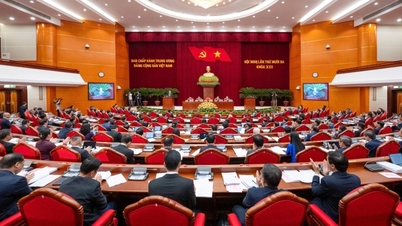




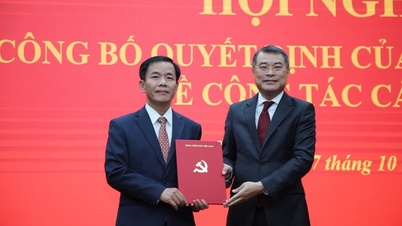



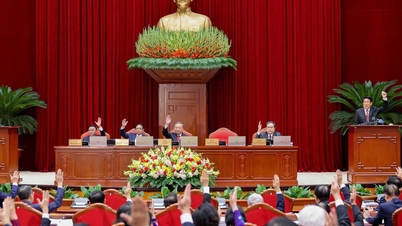
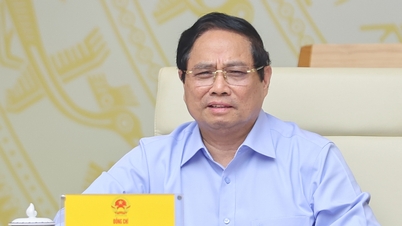

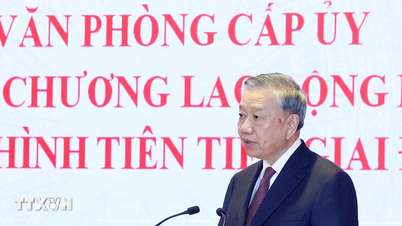






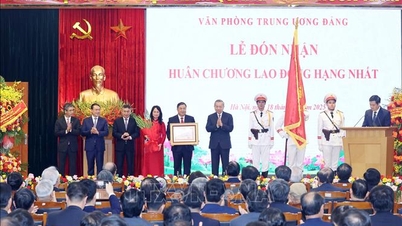







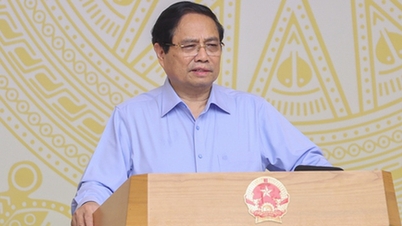










































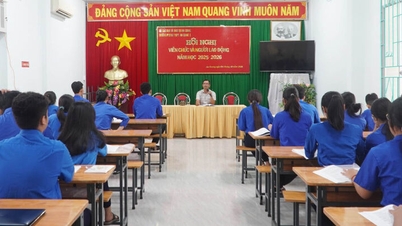

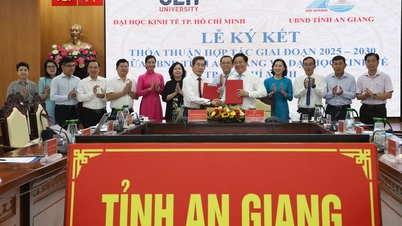






















Comment (0)